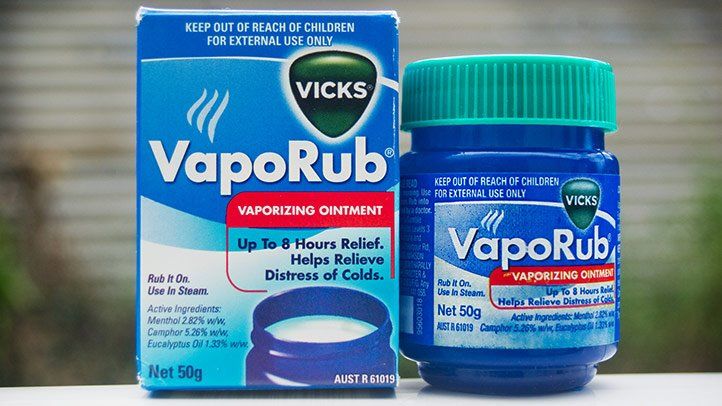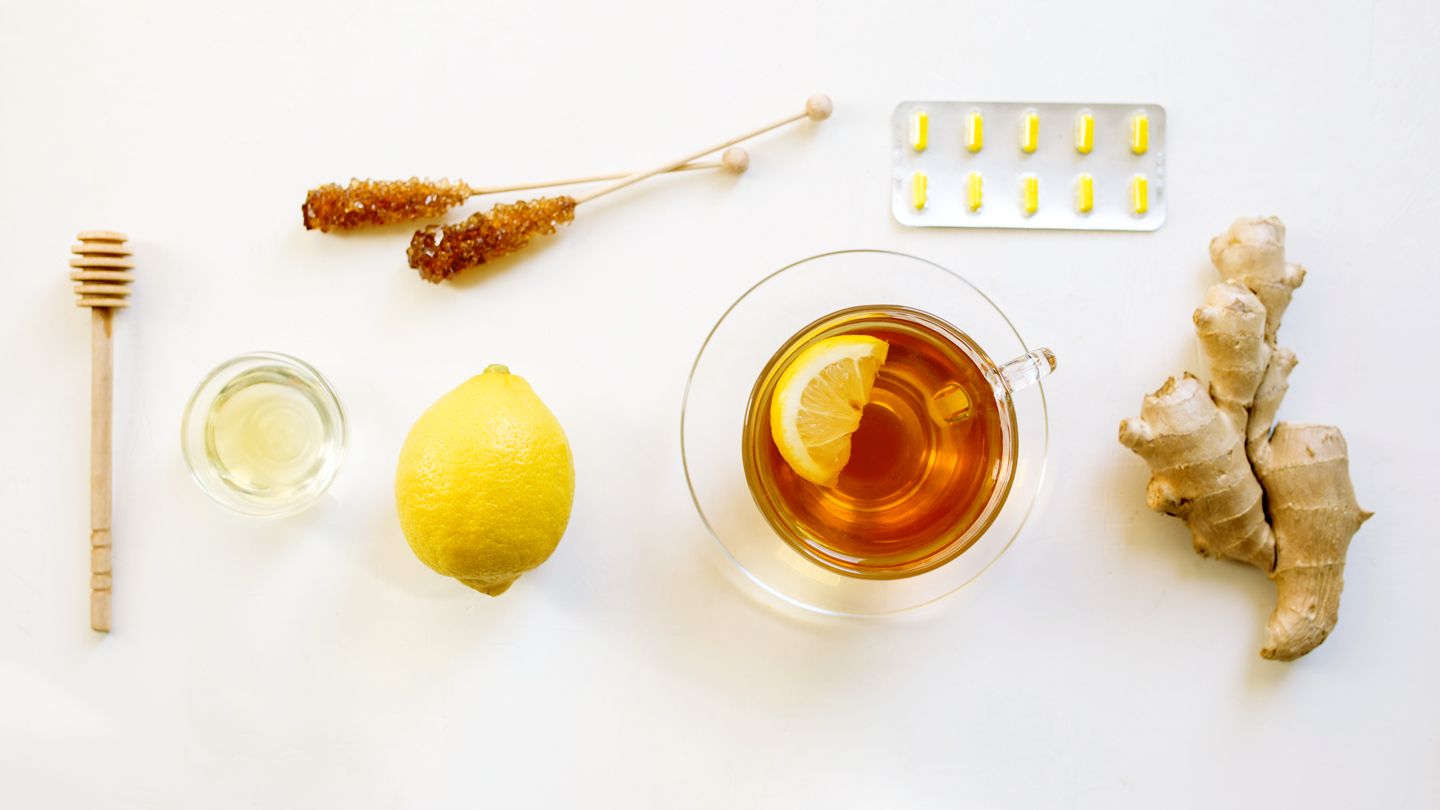Understanding Organic Cough Medicine
Coughing is an reflex action that helps clear irritants or mucus from the airways. While occasional coughing is normal, prolonged or severe coughing can disrupt daily life. Before turning to conventional over-the-counter cough medicine, you may want to explore organic options that avoid dyes, alcohol, artificial flavors and other additives.
What Makes a Cough Medicine "Organic"?
Organic cough medicines contain ingredients grown without synthetic pesticides or fertilizers. They also do not contain artificial colors, flavors or preservatives. Common organic cough ingredients include:
- Honey
- Herbal extracts like echinacea, licorice root and marshmallow root
- Essential oils like eucalyptus, peppermint and thyme
- Natural sweeteners like maple syrup and brown rice syrup
Many of these ingredients have traditional medicinal uses for soothing sore throats and quieting coughs. Organic cough medicine lets you access these remedies without unwanted additives.
Benefits of Organic Cough Products
Organic cough medicine has several advantages:
- Avoid Harsh Additives: Conventional over-the-counter cough medicine may contain artificial dyes, alcohol, parabens and petroleum-based ingredients. Organic options avoid these.
- Reduce Exposure to Pesticides: Organic plant ingredients likely have lower pesticide residues than conventional plants.
- Promote Sustainable Agriculture: Choosing organic supports farmers who use ecological farming methods that protect the environment.
- Access Traditional Remedies: Organic products let you leverage herbal medicine without unwanted additives.
Types of Organic Cough Medicine
Organic cough products come in several forms:
- Cough Syrup: Sweet organic syrups that usually contain honey and herbs. Safe for adults and older children.
- Throat Spray: Topical sprays with antiseptic organic ingredients like saltwater or herbal extracts.
- Lozenges: Dissolvable herbal lozenges with soothing organic ingredients.
- Tea: Warming organic herbal teas with cough-calming ingredients.
- Chest Rubs: Topical rubs with organic oils, herbs and essential oils.
7 Soothing Organic Cough Remedies
Before buying commercial organic cough medicine, you can try making your own organic cough soothers at home.
1. Honey
Honey is a renowned natural cough remedy. Its thick consistency coats and soothes the throat, while honey also has antimicrobial and anti-inflammatory properties. Keep some organic raw honey on hand to stir into tea or take by the spoonful.
2. Ginger Tea
Warm ginger tea can thin mucus while boosting the immune system. Simmer fresh peeled ginger root in water before straining and adding lemon and organic honey to taste. The spicy heat clears congestion.
3. Hot Soup Broths
Ingesting steaming hot liquids can calm coughs by soothing irritated throat tissue. Organic chicken or veggie broths are extra helpful, as their savory, saltwater-based properties also thins mucus.
4. Peppermint Essential Oil
Menthol-rich peppermint oil may ease coughing by numbing nerve endings in the throat. Add a few drops of food-grade peppermint essential oil to shower steam, diffusers or salty water to gargle.
5. Marshmallow Root Tea
Traditionally used to relieve coughs and sore throats, marshmallow root contains mucilage that coats and protects raw tissues. Find dried organic marshmallow root to brew cough-calming herbal tea.
6. Thyme & Honey Cough Drops
Thyme contains compounds that can relax coughing fits, especially when paired with soothing honey. Simmer fresh or dried organic thyme into syrup before letting it cool hardened around spoonfuls of organic honey.
7. Eucalyptus Chest Rubs
Analgesic eucalyptus oil diluted into organic carrier oils like coconut or almond oil can make DIY vapor rubs. Gently rub onto chests and throats before bed to ease nighttime coughing.
When to Seek Medical Care
While organic remedies can alleviate mild coughing, chronic or worsening coughs require medical attention. Seek care if coughs:
- Last longer than 3 weeks
- Produce colored mucus
- Are accompanied by fever
- Make it hard to sleep or breathe
Organic cough medicine can complement conventional care when dealing with respiratory infections, asthma, allergies and other medical cough causes. Discuss options with your healthcare provider.
FAQs
What's the difference between organic and regular over-the-counter cough medicine?
Organic cough medicines do not contain artificial colors, flavors, preservatives, alcohol or petroleum-based ingredients. They use organic herbs, honey and other natural ingredients to soothe coughs gently.
Can I make DIY organic cough medicine at home?
Yes, ingredients like raw honey, ginger, garlic, thyme, eucalyptus oil and marshmallow root can be combined at home to make cough syrups, teas, throat sprays and chest rubs.
When should I take my child to the doctor for coughing?
Seek medical care if your child's cough lasts more than 3 weeks, produces colored mucus, is accompanied by fever or makes it hard for them to sleep or breathe.
Can I take organic cough medicine with prescription medication?
Discuss options with your health provider. Organic remedies may complement conventional treatment for coughs caused by infections, asthma, allergies and more. Avoid drug interactions.
Disclaimer: This article is for informational purposes only and does not constitute medical advice. Always consult with a healthcare professional before starting any new treatment regimen.
Related Coverage
URIs like colds, flu and COVID-19 spread through droplets and contact. Learn how long common upper respiratory infections are contagious and how to prevent transmission....
Compare Theraflu and Alka-Seltzer Plus ingredients, liquid vs tablets, appropriate products for specific cold/flu symptoms to determine the best OTC relief choice....
Cut through the conflicting advice about carbs with tips on choosing quality whole food carbs in proper portions for weight loss, blood sugar control, energy and health....
Learn about the top homeopathic medicines that can provide relief from chest congestion due to cold, flu, asthma, allergies. Understand the causes and best home remedies....
Do you have a perpetually frozen nose? Genetic factors, poor circulation, inflammation, or lifestyle habits may impair your nose's ability to warm itself. Try heat, massage, humidifying....
Looking to quiet an irritating cough that's keeping you up at night? Try these soothing home remedies like humidifiers, throat lozenges, steam showers, and more to finally get some sleep....
Research is mixed on whether Vicks VapoRub relieves cough, congestion, and aches from the flu. It may help temporarily when used safely in adults and children over age 2....
A stuffed up nose is normally just a nuisance, but for vulnerable groups it can occasionally turn dangerous if infections spread or breathing is obstructed....
Try aloe vera juice drinks to coat, heal, and calm coughs. Blend with honey, lemon, pineapple, and more for antioxidant benefits. Safe, natural cough relief....
Flu-like symptoms can arise from many causes. Learn triggers, how to differentiate the flu, and simple steps to feel better fast....









